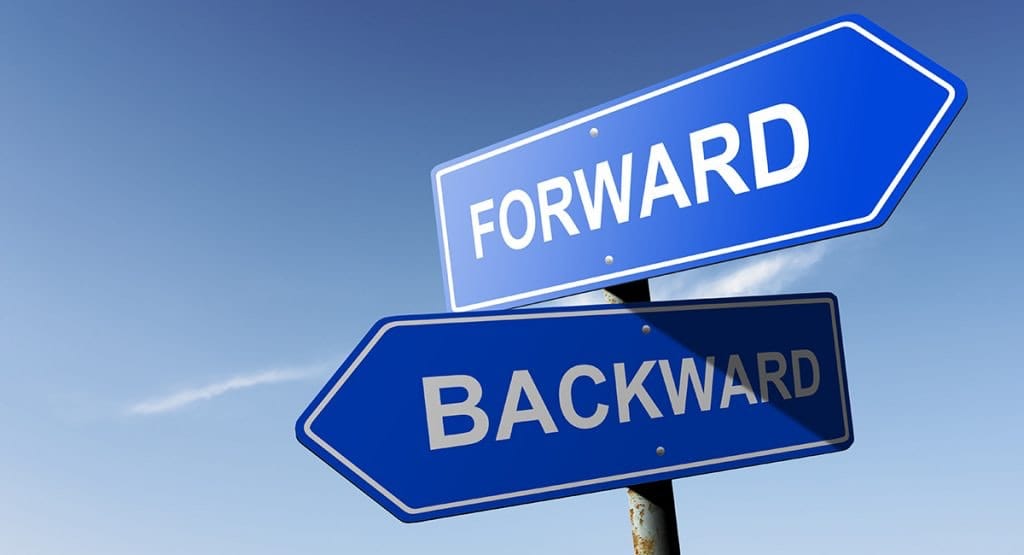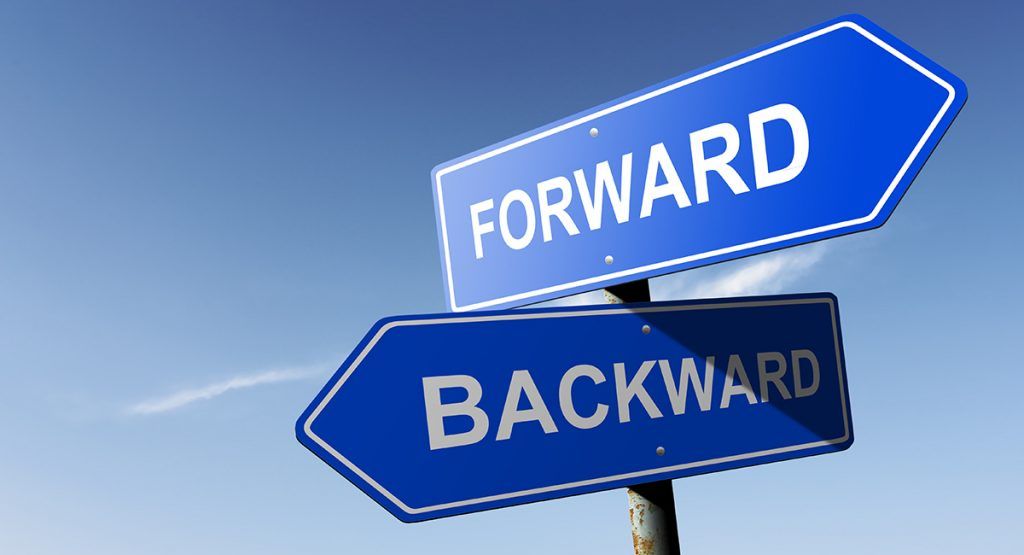Will Covid-19 Be a Setback for Women?
A greater burden is falling on women — and they were already playing from behind

According to a recent study of scholarly publishing, women are demonstrably less represented the higher up you go in organizations, with leadership more male (33%) than the workforce (21%). This is a variation on a theme across society. Women have been subjected to lower pay, fewer career opportunities, and blatant and subtle sexism in the workplace for decades, if not centuries. (Lest we forget, we also have a racism problem, with the authors of the study above stating: “The chances of attaining a senior position in scholarly publishing are higher for White males with no tertiary-level qualifications than for Black females with postgraduate degrees.”)
Unless we do something to prevent it, Covid-19 will be another setback for women.

According to BusinessWeek, there are 23.5 million working mothers with kids under 18 years old in the US workforce. Now, with shuttered daycare and schools, families all home at once, and diminished earning power to begin with, various burdens are falling disproportionately on them.
Women generally are spending 20 hours more per week on housework and caregiving than men in the same situation, with women of color and single moms devoting even more hours in these areas. Such demands on time and energy have women burning the candle at both ends — family and work — with little time to recuperate and be themselves. For single moms, the burden and worry are extra heavy — work and risk illness, or stay at home and risk years of poverty?
With families forced in some instances to choose between careers, women’s lagging earnings have made them more often the ones to logically surrender their jobs — as of March, 14% of women with kids at home were considering quitting their jobs, while only 11% of men were.
As one woman interviewed by BusinessWeek puts it, “It’s like this pandemic is forcing women 10 steps back.”
It comes at a particularly galling time, as 2019 was the first year women had made up the majority of the workforce in over a decade. In the 2008-9 recession, the hardest hit industries were male-dominated — housing and construction, for instance. But in 2019, unemployment was low, so the gains women had made were likely going to endure. Until Covid-19. In March and April, women accounted for 55% of the job losses.
The safety nets from the US government and within major employers both seem inadequate to deal with the issues Covid-19 is raising for working women, especially single moms. Paid leave of 12 weeks goes by quickly, women who are having babies right now can run out of leave, and sick leave in case of illness may be inadequate. And we’re not seeing much movement in these areas — 60% of workers say their employer hasn’t changed policies to offer more flexibility for time off, paid or unpaid leave, or sick leave.
There are indications that women in science and scholarship may also be suffering career setbacks, with reports from various fields — here, here, here, and most depressingly because they are also early-career researchers, here — that women are submitting fewer papers and finished reports since the pandemic set in, suggesting they are also falling victim to burdens at home imposed by their traditional roles.
Such career setbacks aren’t the kind you recover from in a few months. If research projects or papers are delayed, the ripple effects can be enormous — on future grants, on tenure, on job offers, on collaboration options, and on opportunities in general. The headwinds of Covid-19 for women in science and scholarship could knock many off-course.
What to do? Treat this period as it should be treated — as one where, through no fault of their own, a population is being disproportionately affected, requiring further accommodation and flexibility than others. Be aware. Act accordingly. Attend to pay equity. Remember that breaking a string of successes within a career now may break a career for good. Protect what people had achieved before Covid-19 hit.
Covid-19 is a jerk. It goes after the most vulnerable in multiple ways, both physically and economically — the elderly, the already disadvantaged, the people who have been marginalized by biases of the past.
If we’re going to come out of this well, we can’t let this disease have further deleterious effects, further entrenching and amplifying the inequities that existed when it arrived. The second-order effects have to be contained as well. And that means making sure working women don’t bear more of the burden — again.